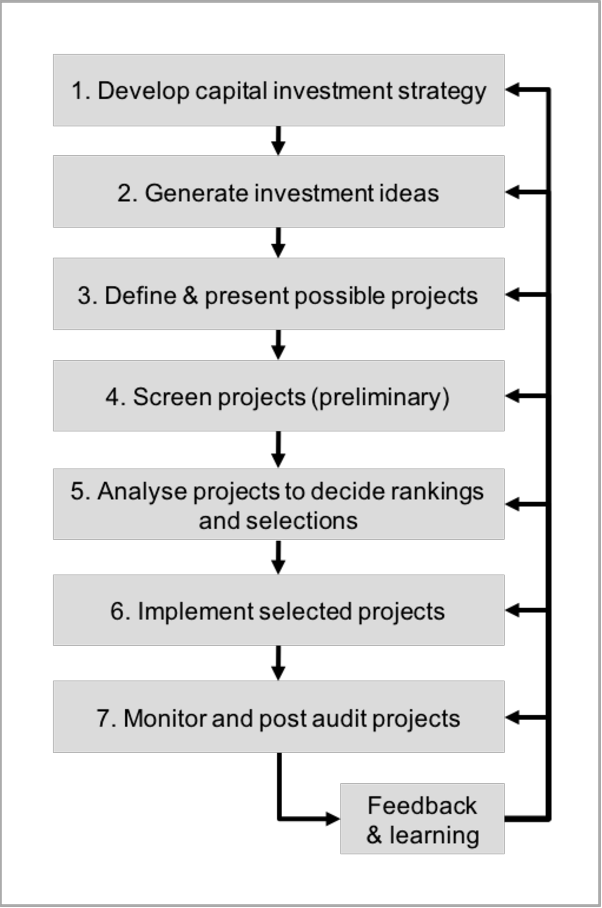
Commercial banking is another name for corporate banking, which offers banking services to businesses, governments, and other institutions. While retail banking offers its services to people for personal use, commercial banking serves institutions. Small and big firms and corporations are the primary clients of corporate banking, a subset of commercial banking that provides services including trade finance, derivatives, and other financial instruments. There are a variety of customer-focused retail banking products available, including home loans, auto loans, and personal loans. U.S. Bank and Bank of America are two examples of retail banks because they provide consumer banking products like checking and savings accounts, mortgages, personal loans, credit cards, and certificates of deposit (CDs). Firstly, it desires to be understood that Retail banks and commercial banks are a sort of depository banking institutions.
What is an example of a retail bank UK?
The retail and commercial banking markets are dominated by HSBC, Barclays, Lloyds Banking Group, NatWest Group and Spanish-owned Santander UK (most of these companies operate more than one banking brand in the UK).
It offers customized finance specifically designed and personalized for corporate houses, as per their needs. Consumers use local branches that have the capacity to deliver all these services to retail customers. In fact, retail-banking keeps the money circulating as the Fed allows only 10% of deposits on hand. So, the retail banks have to circulate the remaining 90% either in the form of loans or in the form of investment products. In the U.S., the term commercial bank is used for a normal bank to distinguish it from an investment bank. After the Great Depression, the Glass–Steagall Act restricted normal banks to banking activities, and investment banks to capital market activities.
Definition of Corporate Banking
Financial representatives are also the lead contact for underwriting applications related to credit-approved products. Credit unions are member-owned financial institutions that serve a community of members and owners, all of whom vote to elect boards of directors. Credit unions offer similar services as retail banks, except services are only available for members and credit unions are not-for-profit — credit unions reinvest the majority of their income into products and members. They might offer many of the same options, but they do so on a scale that fits the needs of businesses. In the banking industry, consumers also rely on the Federal Deposit Insurance Corp. (FDIC) to insure their bank deposits. As of March 31, 2023, the FDIC insured 4,672 institutions, commercial banks and savings banks.

Diffzy is a one-stop platform for finding differences between similar terms, quantities, services, products, technologies, and objects in one place. Our platform features differences and comparisons, which are well-researched, unbiased, and free to access. As the company has a separate identity from its members following the law, the corporate account of the firm is solely accountable for the contents of the company and not the personal contents of the individuals. As a result, a company’s corporate account is not liable for the debts of its members personally. Retail consumers trust these banks because of their prominence and the variety of services. Learn the skills you need to be a retail banker with this free job simulation.
What Are Some Features of Retail Banking?
There are a number of businesses which a bank deals in, including retail banking, corporate banking, merchant banking, investment banking, wealth management, credit management, etc. Despite the costs, the consumer banking services that retail banks offer make it easier for individuals to handle their finances. It’s possible to get by without a bank account, but life will be more difficult. You might spend more time on routine financial tasks without retail banks.
The Federal Reserve may pause its interest rate hiking campaign. What that means for you – CNBC
The Federal Reserve may pause its interest rate hiking campaign. What that means for you.
Posted: Fri, 09 Jun 2023 07:00:00 GMT [source]
Community banks offer loans and depository services and mostly operate in a smaller geographical area. Underwriters can be loan officers themselves or work with loan officers. The purpose of an underwriter is to evaluate creditworthiness and determine if clients are eligible for loans and mortgages. An underwriter is responsible for verifying clients’ financial details and measuring the risk of offering them a loan.
Example of Retail Banking
However, corporate banking customers deal with huge transaction volumes, and banks make more money from these customers by levying high fees. The services include receiving deposits, lines of credit, facilitating financial transactions, credit cards, e-banking, working capital finance, term loans, trade finance, bank guarantees, etc. are included in general commercial banking activities. Retail banking, also called personal banking or consumer banking, is financial services geared toward individual customers rather than large corporations. Retail banks offer products like savings accounts and debit cards to the general public, and working in retail banking requires high levels of customer service. Many financial services companies aim to be the one-stop-shop retail banking destination to their individual consumers. Consumers expect a range of basic services from retail banks, such as checking accounts, savings accounts, personal loans, lines of credit, mortgages, debit cards, credit cards, and CDs.
In terms of profitability, corporate banking is more lucrative than the banks‘ retail banking division. The facility is specially designed to take care of the personal financial needs of the retail customers, who are nothing but a part of the general public for everyday spending. Hence, we can say that retail banking is the primary face of the banking which general public deals with. It is a means of managing money, such as the customers can have access to credit as well as deposit their funds securely. Checking accounts, savings accounts, and retirement accounts are just a few of the different types of bank accounts that you can have via retail banking services. Certain banks let you open a zero-balance savings account where there’s no cap on minimum account balance.
Personal Banker
As the name itself clarifies, retail banking converts the bank into a storefront where the customer can choose and buy the product or service of their need, for attaining personal goals. Retail banking refers to the basic banking and financial products and services provided by the banks to customers. Retail banking gives access to a host of products and services to regular customers. You can use such services if you need a loan, want to open an account, get a credit card, set up auto debit for various purchases or invest to reach your financial goal.
- Banks are adding to their product offerings to provide a greater range of services for their retail clients.
- Retail banking is everyday banking that happens between consumers and their personal banks.
- They are also supported by tools and advice that empower them to make smart financial decisions.
- In order to provide their customers with enduring services, banks have chosen a strategy of offering vital services, such as money withdrawal, by way of installing ATMs in various locations.
- Retail banking requires a number of support functions, such as retail loan portfolio analysis, that may be interest to you.
Eighty-seven percent of survey respondents said they use their banking app at least once a month or more. They monitor account balances and deposit checks through retail bank means their smartphone, and may even apply for a mortgage that way. This is known as the reserve requirement and is seen as a safety and liquidity measure.
Moreover, e-banking services are provided by the banks which helps in performing the day to day transactions digitally or using plastic cards. Although there are many customers in retail banking, each client’s account balance may vary in size, therefore the banks must maintain a customer base in order to collect the cash through any channel. Multiple consumer groups, including individuals, families, trusts, societies, small and medium-sized businesses (SME), etc. use Retail banking. So, we have understood that retail banking is when the bank performs transactions by directly dealing with customers. Cross-selling of a broad spectrum of credit and investment products and banking services amounts to their primary retail strategy.
Westfield Pullout No Surprise to SF Retail Agents – The Real Deal
Westfield Pullout No Surprise to SF Retail Agents.
Posted: Wed, 14 Jun 2023 20:01:00 GMT [source]
Bank tellers, sometimes called clerks, help customers with everyday banking needs, like making deposits, cashing checks, and withdrawing funds. A bank teller needs excellent customer service skills to answer customer questions efficiently and handle concerns and complaints effectively. Explore a career in retail banking at one of the top global banking institutions with this free job simulation. Online banks don’t have physical branches that consumers can visit personally, but they’re another option for consumer banking, especially if your goal is to minimize fees.
Why would someone use a retail bank?
A retail bank allows a person to open and save their money without the fear of losing it. Paying off debts or other transactions is also smoother because of the credit and debit cards provided by banks.

Neueste Kommentare